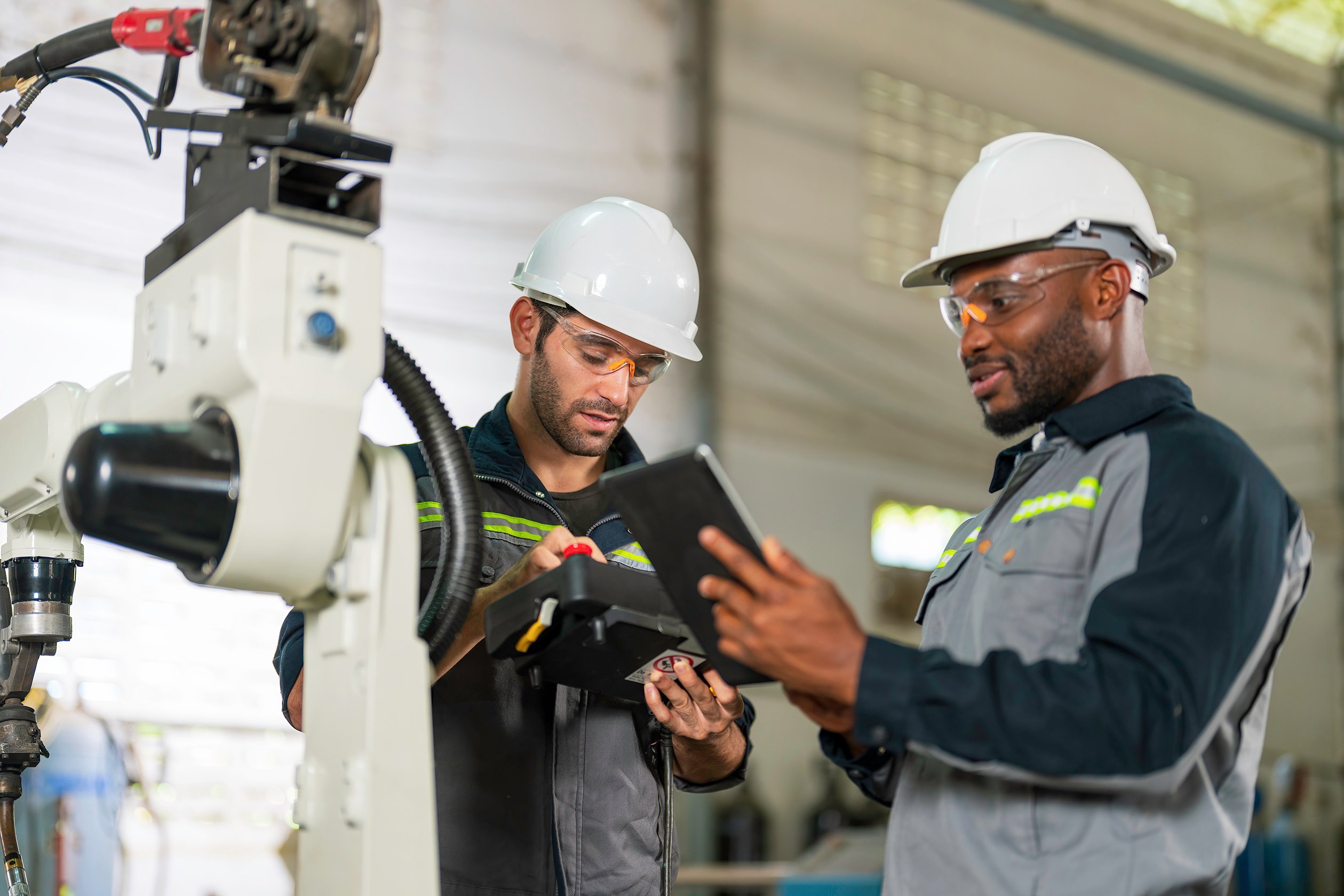________________________________
Buffalo Niagara was recently highlighted in a top German publication, Handelsblatt. The article speaks about Buffalo's robotics capabilities, showcasing the Jacobs Institute on the Buffalo Niagara Medical Campus located along the Innovation Corridor in downtown Buffalo.
Enjoy an excerpt of the article below. If you would like to view and translate (and share) the German article in full, please visit this website.
The Robots are coming!
2024 was the year of AI. Will 2025 be the year of robotics?
The hope is clear: AI will help machines achieve a breakthrough. The enormous progress in AI in recent months could take the robots' software into new dimensions, finally making human-machine hybrids smart. And the robots could thus bring the blessings of AI into the real world. They could prove what potential AI has – just at a time when the first doubts are arising as to whether the currently applicable AI models really have the economic potential that has been attributed to them.
In recent months, Handelsblatt has conducted research among tinkerers and coders, in warehouses and laboratories. One thing has become clear: the robots are really coming now.
The society: What lies ahead for us
The new robots from the French start-up Enchanted Tools, called “Mirokai”, look cute. Insiders still remember the predecessor product, the reception robot “Pepper”. It was considered cute, but not particularly helpful. Now, thanks to AI, the “Mirokai”, which resemble manga figures and react to the speech and movements of users, are finally supposed to perform real tasks.
.....
If Adnan Siddiqui, head of the Jacobs Institute in New York State and one of the oldest medical research institutions in the United States, has his way, robots will be of greatest use in the field of medicine. This applies to nursing assistants like “Mirokai”, but also to microscopically small droids like the Swiss “Nanoflex” robots, which navigate through arteries and are already in use at the Jacobs Institute. “They are still remote-controlled,” says Siddiqui. “But in just a few years, they will be operating autonomously. Then an experienced surgeon can pass on his knowledge to young colleagues around the world.”


